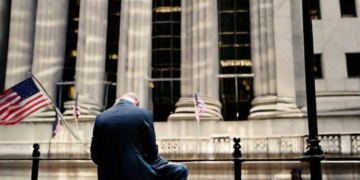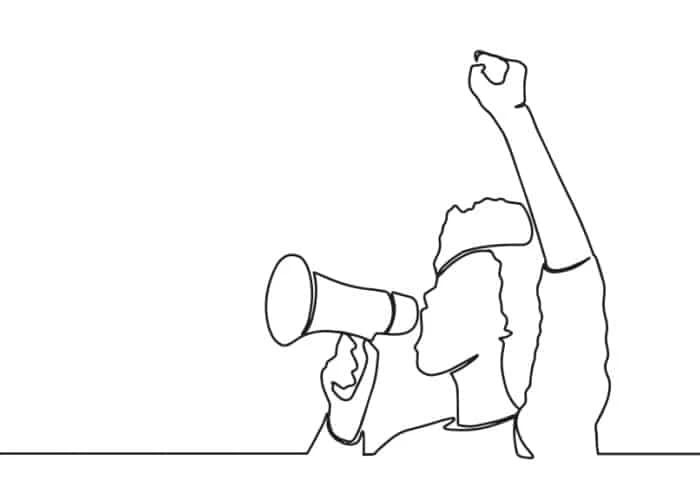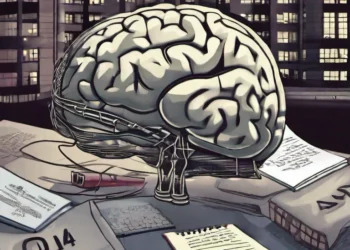In the world of journalism, a topic of perpetual debate revolves around the role of journalists and whether or not they should be labeled as activists. On one hand, some argue that journalists must remain objective observers, detached from personal biases. On the other hand, proponents argue that journalists can utilize their platforms to advocate for change. This article aims to delve into the curious nature of journalists as activists, exploring how this dual identity has the potential to both harm and benefit their cause.
The Impact of Bias
One of the fundamental principles of journalism is impartiality. Journalists strive to present the facts objectively, allowing readers to form their own opinions. However, when journalists actively align themselves with specific causes, there is a risk of compromising objectivity. The injection of personal bias may lead to a loss of credibility and trust, as readers begin to question the integrity of the journalist and their reporting.
Favoritism and Selective Reporting
When journalists take on the role of activists, they run the risk of favoring stories and issues that align with their personal beliefs. While this may help bring attention to important societal matters that might otherwise be overlooked, it can also give rise to selective reporting. Issues that do not fit their activist agenda might be disregarded or receive less coverage, leading to an imbalance in news representation. Such biases can perpetuate a one-sided narrative, hindering the pursuit of objective truth.
Compromising Journalistic Ethics
In their pursuit of activism, journalists might inadvertently blur the lines between reporting and advocacy. This can sow doubt among their audience and broader society, who may question the motivations behind their work. Journalistic credibility hinges on maintaining ethical standards such as fairness, accuracy, and independence. When these principles are compromised, the impact extends beyond the journalist themselves, eroding the public’s trust in the profession as a whole.
The Power of Advocacy
Despite the potential pitfalls, journalists as activists can wield their platforms to bring about positive change. Journalism has a rich history of exposing injustices and holding those in power accountable. By lending their voice and using their influence, activist journalists can leverage their positions to amplify marginalized voices and shed light on pressing social issues. This form of “advocacy journalism” has the power to mobilize public opinion and spark meaningful discussions.
Subjectivity as a Strength
While objectivity in journalism remains important, it’s essential to recognize that complete detachment from the world’s challenges may not always serve the greater good. Journalists, as individuals with perspectives and lived experiences, can bring unique insights and personal connections to their reporting. Their subjectivity, when wielded responsibly, can help humanize complex issues and inspire empathy in readers. By bridging the gap between factuality and personal engagement, activist journalists have the potential to ignite conversations and foster greater societal awareness.
Navigating the Balance
The path of a journalist-activist is a delicate one. Striking the right balance between responsible advocacy and unbiased reporting requires introspection and self-awareness. Acknowledging personal biases, seeking diverse viewpoints, and ensuring transparency become imperative to maintain credibility. By fostering a culture of critical thinking and balanced reporting, journalists can navigate the complexities of activism without compromising the integrity of their profession.
Be Aware & Informed
The question of whether journalists should be activists remains a subject of ongoing discourse. While the fusion of these roles carries risks, it also offers opportunities to influence change. As journalism evolves, the delicate balance between impartial reporting and responsible advocacy will continue to define the contours of this complex relationship. Ultimately, journalists must stay true to their duty of serving the public, aware of the impact their activism can have – both beneficial and detrimental – in shaping the world we live in.
















































































